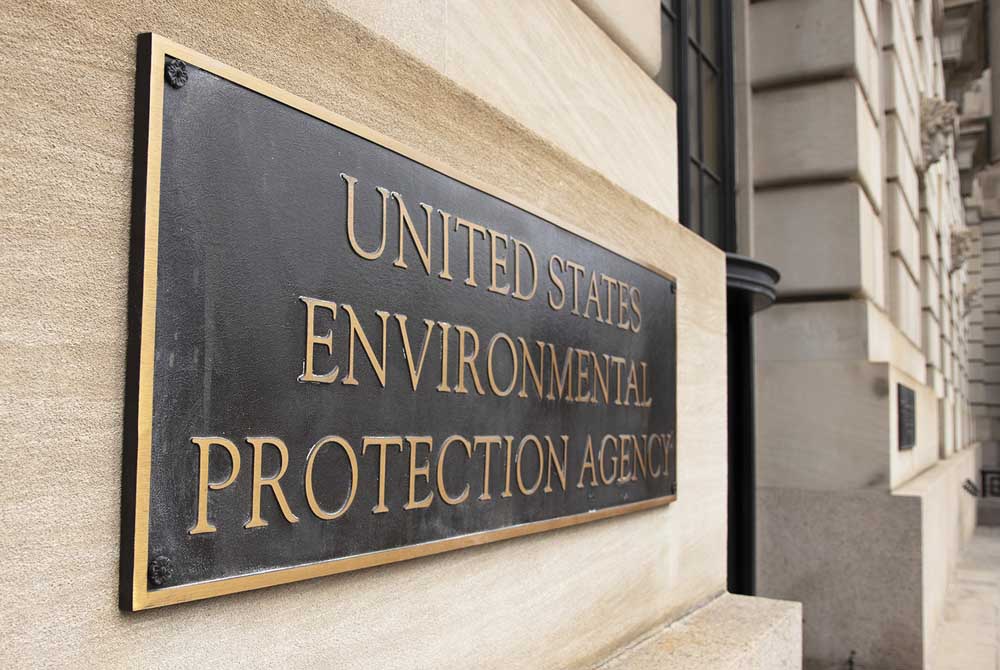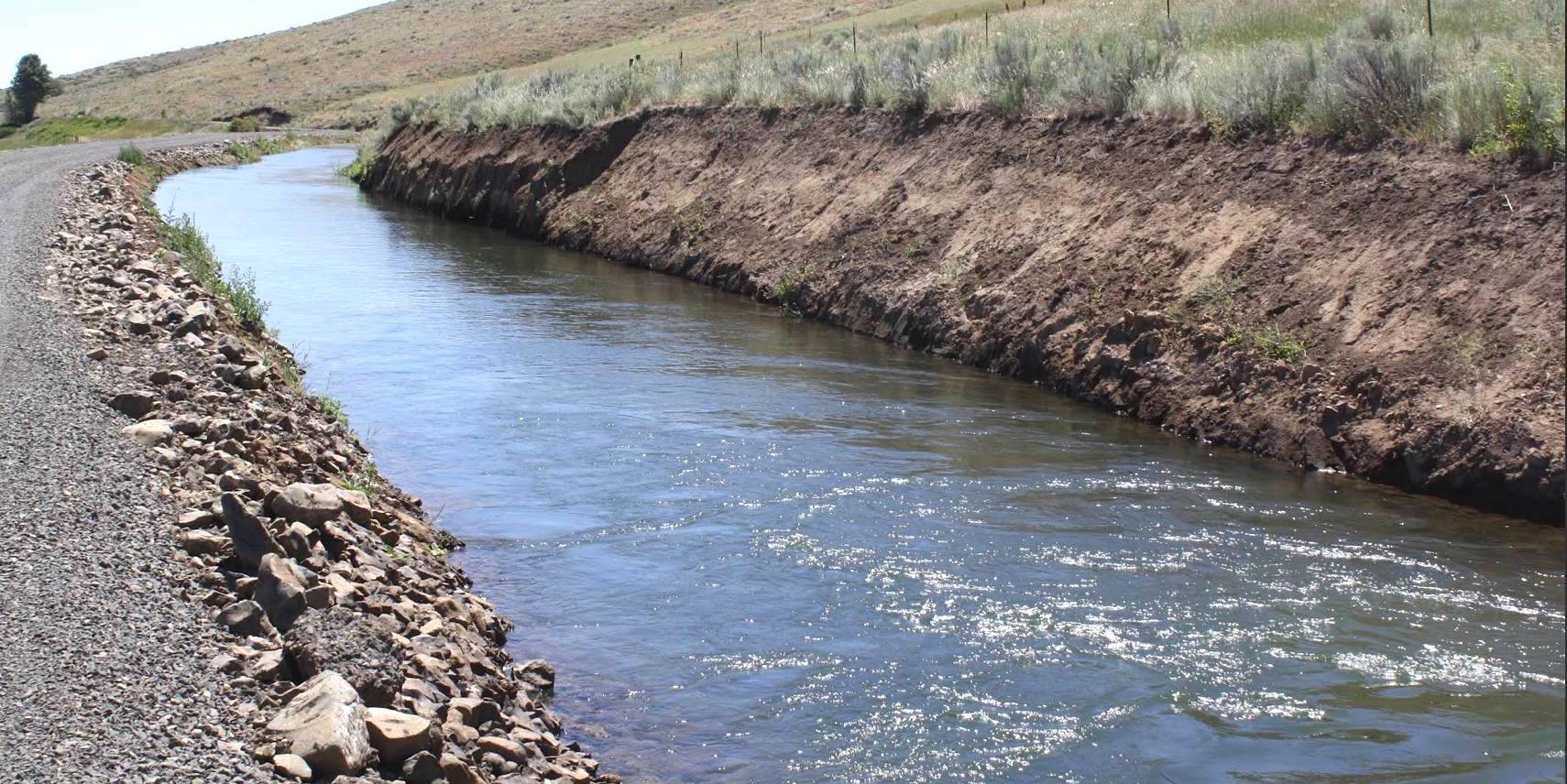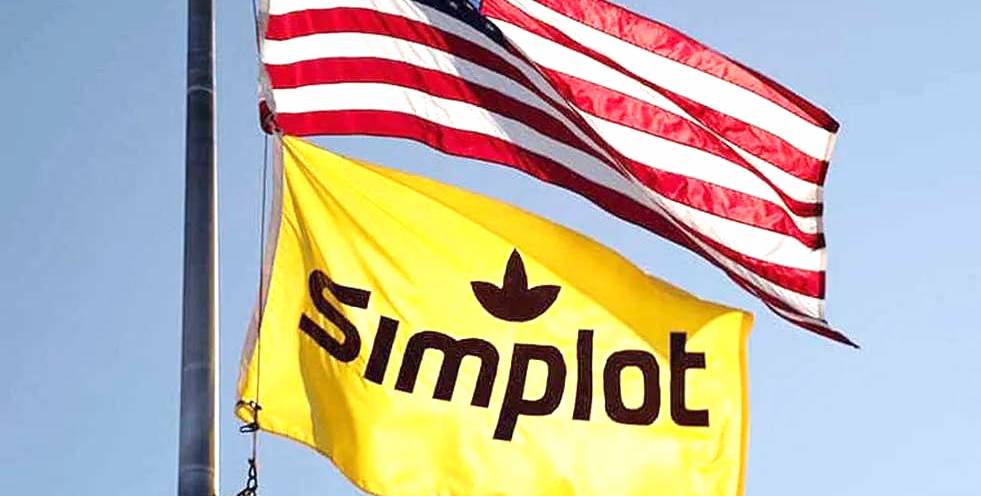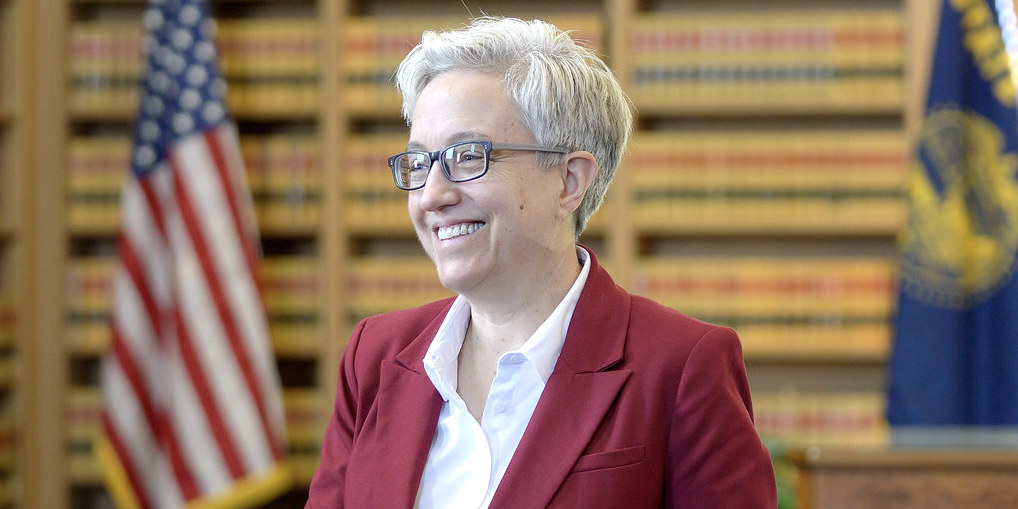EPA cancels all uses for herbicide, effective now
Published 11:00 am Wednesday, August 7, 2024

- The Environmental Protection Agency has released a draft of its strategy for registering and re-registering insecticides.
The Environmental Protection Agency on Aug. 6 canceled all uses of the herbicide DCPA, saying the pesticide could cause lifelong damage to unborn children whose mothers are exposed to the chemical.
Trending
The ban takes effect immediately and bars farmers from using stocks. EPA said it has been nearly 40 years since it issued an emergency order abruptly prohibiting a pesticide.
“DCPA is so dangerous that it needs to be removed from the market immediately,” EPA assistant administrator for chemical safety Michal Freedhoff said in a statement.
The EPA issued a rare warning in April that DCPA, marketed under the name Dacthal, was dangerous for pregnant women to handle and work around.
Trending
The pesticide poses no risk to adults, according to the EPA, but has damaged rat fetuses in laboratories. The damage is linked to low birth weight, decreased IQ and impaired motor skills.
DCPA’s only manufacturer, AMVAC Chemical Corp., voluntarily stopped selling its only DCPA product, Dacthal Flowable Herbicide, in May and proposed to the EPA new handling and application limits.
The company also proposed restricting sales to only Arizona and California. Previously, AMVAC voluntarily canceled DCPA’s use on golf courses and athletic fields.
The EPA rejected the company’s proposal. Even with new restrictions, DCPA was too risky, according to EPA.
“AMVAC was just made aware of the suspension order … and is working in good faith with both EPA and our customers to ensure full compliance,” AMVAC director of investor relations Anthony Young said in an email.
DCPA, or dimethyl tetrachloroterephthalate, controls grass and weeds before seeds and bulbs sprout. It’s helpful to plants that are slow to emerge and have to compete with weeds in the spring, according to EPA.
The California Speciality Crops Council said DCPA was especially important to broccoli and onion growers.
“A vegetable grower called me this morning, not happy about it,” council Executive Director Gary Van Sickle said Tuesday.
Banning DCPA works against an effort to spray less pesticides, he said. “Every time we eliminate something we have to use more of the other chemicals, which increases (weed) resistance to those chemicals,” he said.
Farmers most impacted by the ban grow minor Brassica crops such as bok choy, collards and kale, according to EPA. They may have to weed by hand and will lose 20% of their gross revenue, EPA estimated.
EPA estimated smaller losses for growers of Brussels sprouts, cabbage and cauliflower.
The impact on consumers will be “negligible” because prices are set by international markets and farmers can’t pass on the costs, EPA said.
In a statement for the Federal Register, EPA said the ban was to protect unborn children. An EPA press release included a quote from U.S. Rep. Raul Grijalza, D-Arizona, linking the ban to other issues.
“We must continue to build on this progress and ensure all farmworkers are given the protection, worker’s rights and overtime pay they deserve,” Grijalva said.







